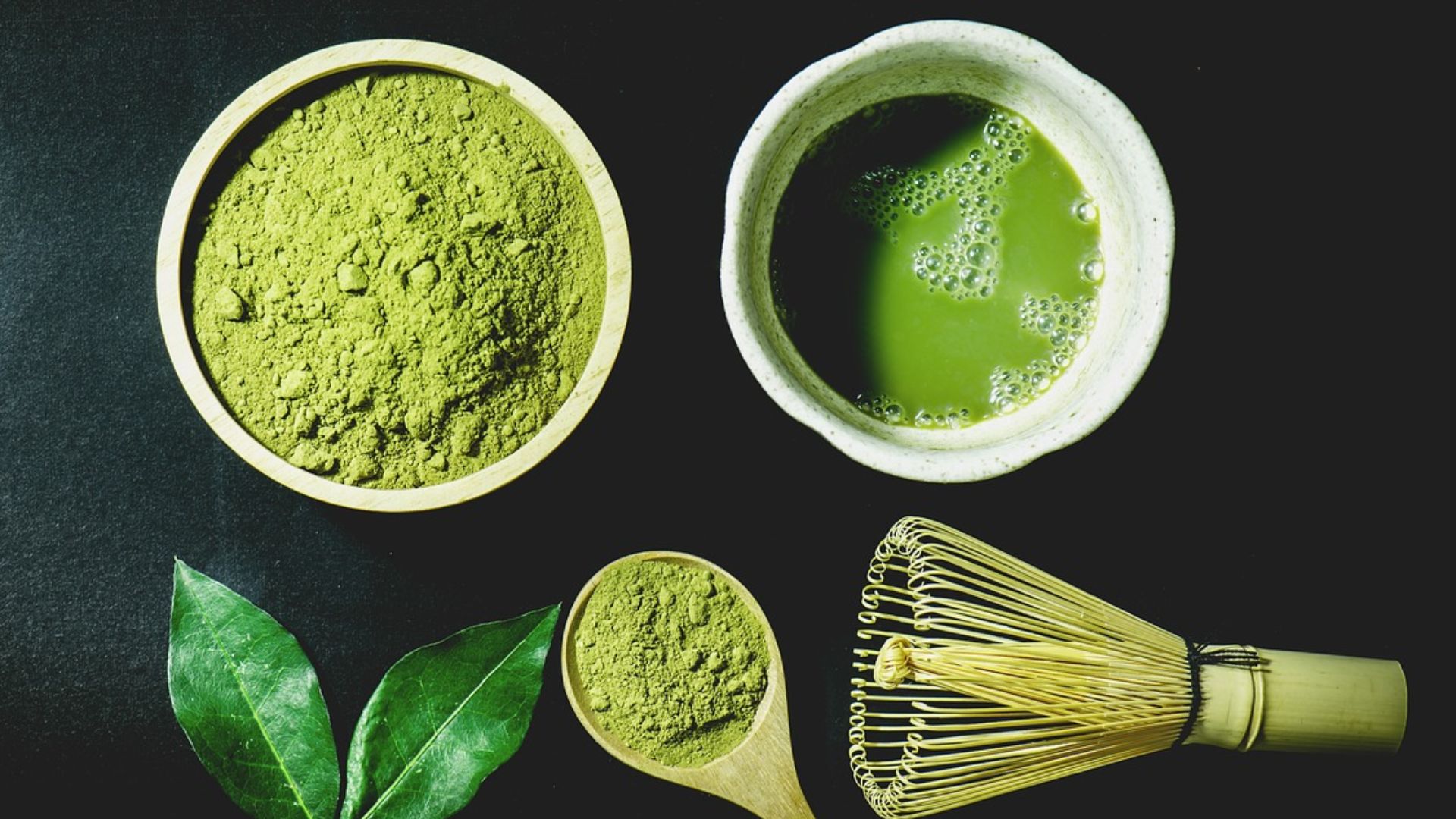In recent years, matcha has surged from an ancient Japanese tradition to a modern wellness sensation appearing in everything from lattes to desserts. But unlike many health trends that quickly fade, scientific research increasingly suggests that matcha offers substantial health benefits worth your attention. Let’s find out more about the famous green powder.
Popularity Of Matcha
Well, matcha's popularity in Western countries gained significant momentum around 2014–2015, reaching its peak in mainstream recognition between 2018 and 2020. What started as a niche health product in specialty tea shops turned into a global phenomenon featured in chain cafés, grocery stores, and countless food products.
A Powerhouse Of Antioxidants
At the heart of matcha's health-promoting potential is its exceptional antioxidant content. This powder contains high amounts of catechins, with epigallocatechin gallate (EGCG) being highly abundant and an active compound. These powerful plant chemicals help combat oxidative stress in the body by neutralizing harmful free radicals.
What makes matcha unique is how it's consumed. Unlike everyday green tea, where leaves are steeped and discarded, matcha involves consuming the entire leaf in powdered form. This results in a more concentrated source of beneficial compounds compared to regular green tea.
The special shade-growing technique used in matcha cultivation enhances the production of theanine, chlorophyll, and other health-promoting substances. Research published in the PMC links the antioxidants in matcha with a reduced risk of circulatory system illnesses and cancers.
Supporting Cardiovascular Health
Your heart may have good reason to love matcha. A meta-analysis documented in the European Journal of Nutrition noted that the catechins in green tea aid in lowering blood pressure and LDL ("bad") cholesterol levels. Rutin, another compound found in matcha, may contribute to these heart-healthy effects as well.
The plant compounds in matcha appear to support arterial health and help maintain healthy blood pressure and cholesterol levels within normal ranges. Compared to coffee, which can sometimes increase heart rate dramatically, matcha provides a gentler energy boost by way of L-theanine.
This is an amino acid that is abundant in matcha and has been associated with improved concentration and alertness while also promoting a sense of calm, giving you focused energy without the jitters often associated with other caffeinated beverages.
Metabolic Benefits And Weight Management
For those concerned about maintaining good blood sugar levels, matcha shows promising potential. Meta-analyses have demonstrated that catechins from green tea can significantly lower fasting blood glucose concentrations. The polyphenols present may help improve insulin sensitivity.
If you take green tea as part of a comprehensive weight management plan, alongside exercise and other dietary changes, it may help reduce body mass index (BMI) and waist circumference also. The blend of catechins and caffeine in matcha enhances the body's ability to burn calories mildly.
As science continues to explore this ancient tea, one thing becomes increasingly clear: matcha isn't simply another passing wellness trend but rather a time-honored tradition backed by emerging research supporting its place in a health-conscious lifestyle.
KEEP ON READING









